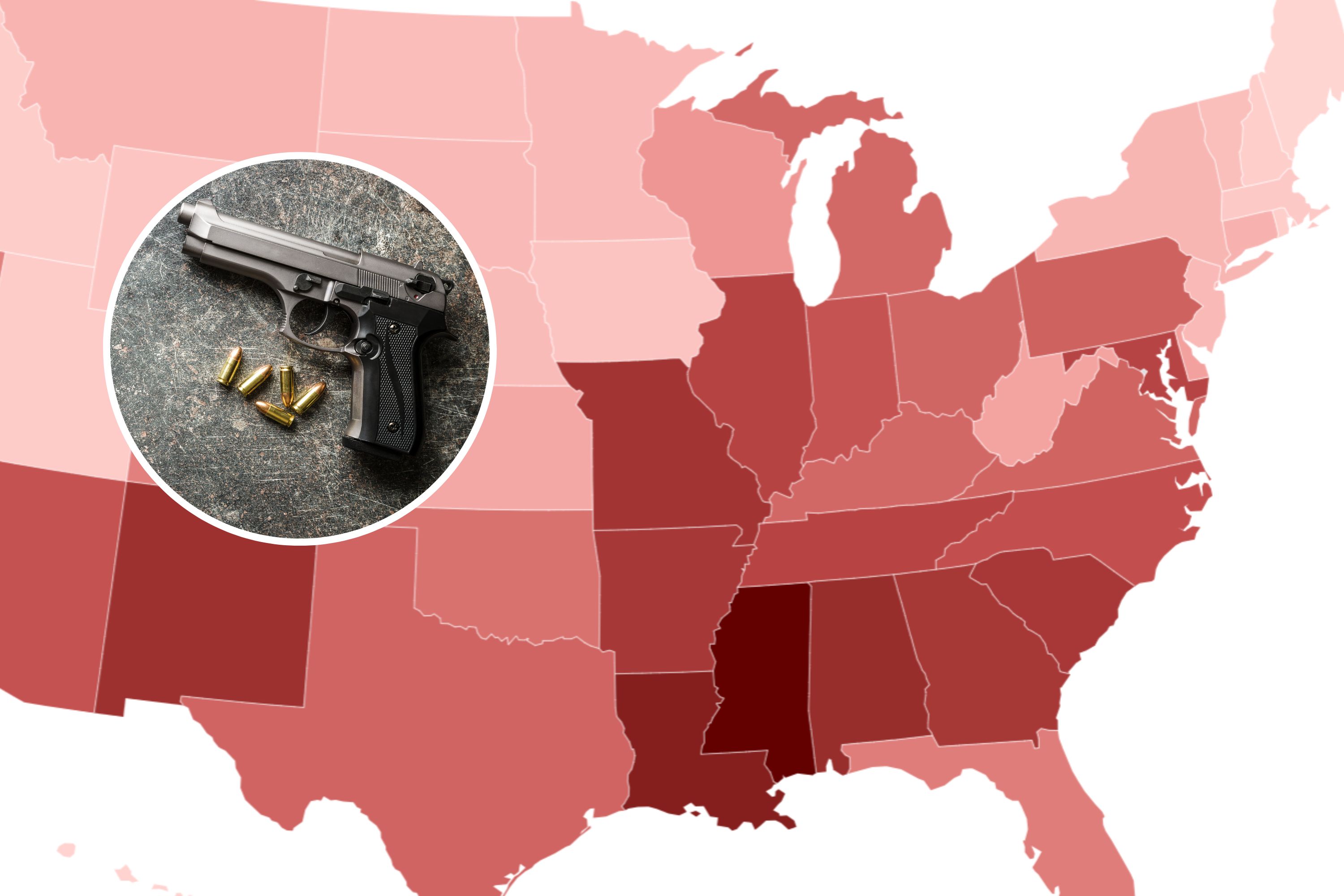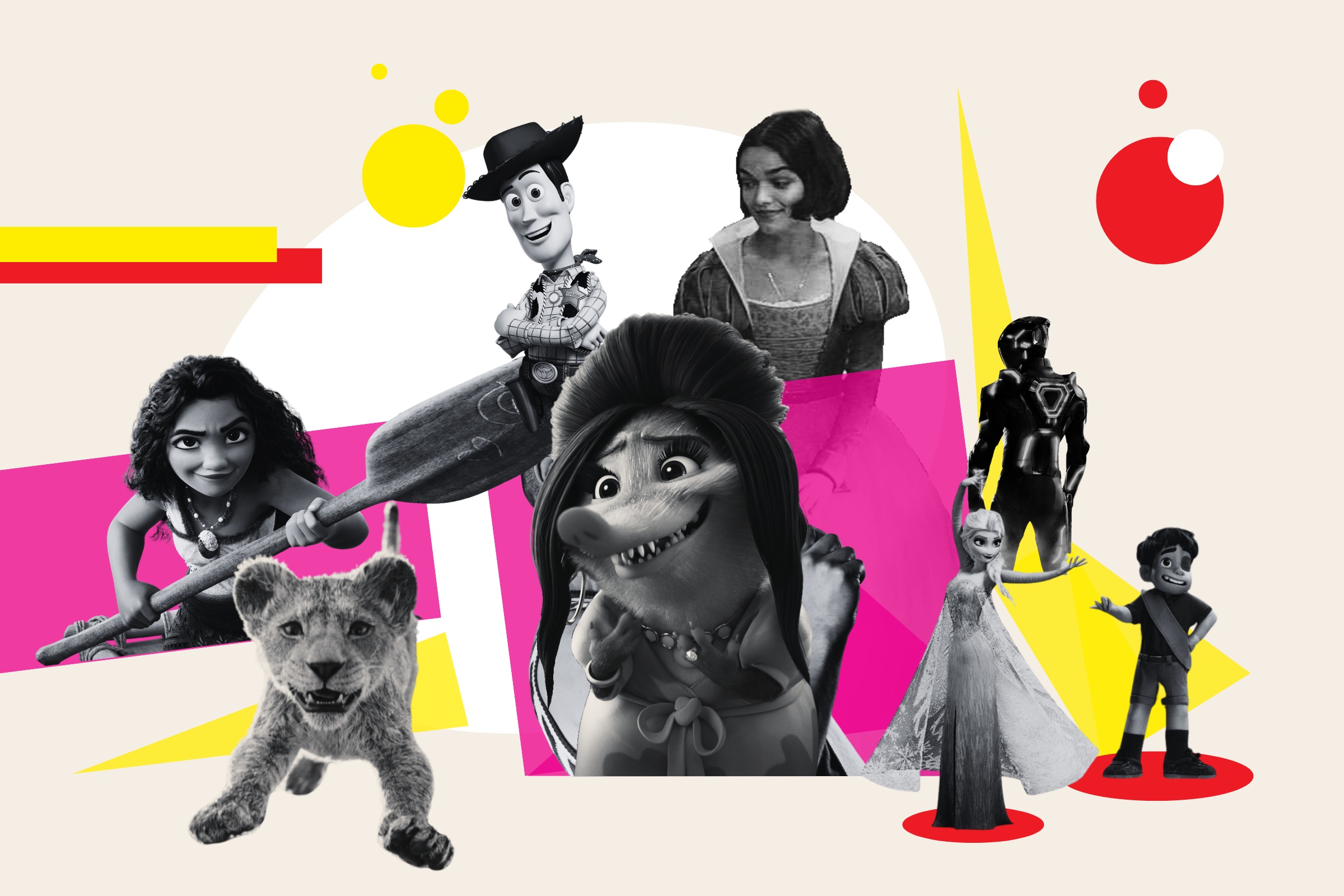American politics are undergoing a generational shift; the current Congress is the first ever to include a member of Gen Z, following the election of congressman Maxwell Frost (D-Fla.).
But Frost is only the latest milestone in Gen Z's political ascendency—in recent years Gen Z-ers have grown in prominence across the political spectrum, from organizing widely-covered marches to meeting with the president. Moreover, Gen Z turned out to vote in droves this past November.
I would know—I'm a nationally-cited pollster and at 18 years old, I'm a Gen Z-er myself. Last year, I founded a polling firm run exclusively by members of Gen Z, and to date, we've made waves across the industry with citations in outlets ranging from MSNBC to Fox News. But from the beginning, engaging fellow Gen Z-ers was always the priority; the weekend before Election Day, I hosted a nationwide civic engagement summit for high school students featuring speeches from congressman Seth Moulton (D-Mass.), political scientist Larry Sabato, Fox News decision desk director Arnon Mishkin, and Colorado politician Adam Frisch.
Thanks to similar efforts across the country, Gen Z is becoming increasingly involved in politics. And, more Gen Z-ers are coming of voting age every day—as we speak, Gen Z makes up 10 percent of eligible voters, similar in scale to other demographic groups such as veterans (14 percent), union households (18 percent), and Latinos (11 percent).
Therefore, it's quite shocking there hasn't yet been a coordinated effort to court Gen Z voters, even as campaigns ramp up their usage of voter analytics, churning out messaging catered toward specific demographic groups. It's evident that, as the new kid on the block, Gen Z still isn't fully understood by the political class in Washington, with the prevailing sentiment more of a caricature than a reality.
Today, conservatives lament the supposed brainwashing of Gen Z, at the hands of left-leaning school boards and teachers' unions. Meanwhile, many liberals view Gen Z as a deep-blue extension of millennials, the preceding generation that famously skews progressive.
Actual numbers beg to differ. Research shows that Gen Z is distinctly open-minded, with its members being the least likely to identify with either major party—a far cry from the loyal Democrat-loving monolith mythologized by many. While Gen Z-ers did support Democrats in 2022, this trend won't necessarily continue forever, as Gen Z's scorn for political labels makes it increasingly swingable in future elections. Not to mention, the cohort has steadily drifted right in recent years.

Although 2016 might seem like a lifetime ago, it's important to remember that Donald Trump's rise to the presidency was propelled by what Republicans dubbed a "silent majority"—a coalition that included large numbers of non-college-educated white voters. Upon observing that working-class white voters historically received less political attention than was warranted by their numbers, Trump and the Republicans made targeted appeals to these "forgotten men and women," resulting in double-digit gains among the group.
Gen Z, similarly overlooked and lacking party loyalty, will be a key constituency in the "silent majority" of 2024; as a pollster, I see it in the numbers, and as a Gen Z-er, I feel our collective desire to be heard. With elections in key swing states like Arizona and Nevada being decided by less than a percentage point, a stronger emphasis on my generation could end up making the difference for any candidate—Democrat or Republican—that adjusts their strategy accordingly.
The power of targeting Gen Z has already been demonstrated in statewide battles such as Pennsylvania's recent Senate race. Despite an awful debate performance and widespread concern over his health, Senator John Fetterman (D-Pa.)'s use of social media memes—including a viral video of his opponent using the term "crudité" rather than "veggie tray"—helped Fetterman run up a 42-point lead among voters aged 18 to 29.
In 2024, a presidential election year, even more will be at stake. If political strategists want to garner more votes, they should look no further than Gen Z.
Alex Shieh is founder and chief pollster of The Phillips Academy Poll, a nationally cited polling firm run by members of Gen Z.
The views expressed in this article are the writer's own.
Uncommon Knowledge
Newsweek is committed to challenging conventional wisdom and finding connections in the search for common ground.
Newsweek is committed to challenging conventional wisdom and finding connections in the search for common ground.





